First published 1997 by Routledge
Published 2014 by Routledge
2 Park Square, Milton Park, Abingdon, Oxon OX14 4RN
711 Third Avenue, New York, NY, 10017, USA
Routledge is an imprint of the Taylor & Francis Group, an informa business
Copyright 1997 by Robin Nagle
All rights reserved. No part of this book may be reprinted or reproduced or utilized in any form or by any electronic, mechanical or other means, now known or hearafter invented, including photocoping and recording, or in any information storage or retrieval system, without permission in writing from the publisher.
Library of Congress Cataloging-in-Publication Data
Nagle, Robin.
Claiming the Virgin : the broken promise of liberation theology in Brazil/Robin Nagle.
p. cm.
Includes bibliographical references and index.
1. Catholic Church-BrazilRecifeHistory20th century. 2. Mary, Blessed VirginCult-BrazilRecife. 3. Liberationreligious life and customs. 5. Recife (Brazil)Church history20th Century.
I. Title.
BX1467.R43N34 1997
282.8134dc21
96-48791
CIP
ISBN 13: 978-0-415-91566-3 (hbk)
ISBN 13: 978-0-415-91567-0 (pbk)
This work would not exist without the help of many people, and it is impossible to thank them here in the measure they deserve. Without the aid of the John D. and Catherine T. MacArthur Foundation, the research would not have happened; in 1989 the Foundation supported me in a pre-dissertation research summer in Recife and other parts of Brazil, and then again in 1990 and 1991 for longer fieldwork. Once I returned to the United States, the Roothbert Fund aided with some write-up support. I thank both organizations for their resources and generosity.
Among the individuals who helped bring this to fruition, those to thank first, and to thank most deeply, are the residents of the Morro da Conceio. For no reason except their own graciousness and warmth, they welcomed my into their homes, families, and lives. They were patient with my many questions, seemingly endless curiosity and chronic cultural ineptitudes. Many of them have become lifelong friends. Of those, none is more dear to me than Lina and Dij, and now Dogival and Elizangela, with whom I lived and to whose home I return whenever Im in Recife. I would not have lasted, nor have learned as much, without their wisdom, humor, guidance, and trust.
Im also especially indebted to members of the Morros Conselho de Moradores, or Residents Council, as well as members of The Resistance, who took the time to read and comment on a previous draft of this work. Their insights, comments, and corrections were invaluable. They will not necessarily agree with everything I say in this version, but I hope they recognize that I took many of their suggestions to heart.
There were many outside the Morro, in Recife and other parts of Brazil, who deserve great thanks. Sidney Pratt, along with Jucy Barbosa, helped me start and on many occasions kept me going. Bob Singelyn pointed me in the right direction from the very beginning. Virginia Barry gave me balance, the benefit of her profound and quiet wisdom, and her friendship. Ceclia Mariz, John and Genene Murphy, Roberto Motta, Marjo de Theijo, and Ceclia Sardenberg kept me sane, as did Rosalee Bender, Rachel Prance, and many of the Mennonites living in Recife during the early 1990s. Even more important, all these people were especially helpful when I needed to talk through problems with the research, with my conceptualizations, with my confusion in confronting what often seemed enigmas of life in northeast Brazil.
Many in North America were vital to this projects development. Im especially grateful to Annette Weiner, who was my most astute and demanding critic. But for her insights, and especially her hard questions and insistent encouragement, Id still be floundering. Im indebted to Tom de Zengotita for his patient and penetrating analyses, and owe Claire Cesareo Silva and Elizabeth McAlister more appreciation than Ill ever finish showing them. A bow of appreciation and gratitude to Fred Myers for acting on a hunch and suggesting this to Routledge in the first place. Thanks to those who commented on parts or earlier drafts of this, including Ted Bestor, John Burdick, Eric Canin, Doug Chalmers, Meg Crahan, Carman St. John Hunter, James Kinsella (particularly for his keen editors eye and flair), Chris Kyle, Cathy Maternowska, George Nagle, Margo Nagle, Daniela Peluso, Barbara Price, Louise Quayle, Paula Rubel, Steven Rubenstein, Irwin Stern, and the anonymous reader at Routledge. Thank you, of course, to Estelle Peisach, and to Monique Guillory and especially to Shalini Shankar for expert library sleuthing and general good will and assistance, and to Mariel Rose for her meticulous work on the index.
Special thanks to some special teachers who marked me for life. Carolyn Dougall and Ellen Schultz taught me much about writing, self-confidence, and teaching with heart and integrity. Alice Carse, who died in 1991, taught me a quieter, deeper way of asking questions and I wish Id had her guidance in writing this work.
Libbet Crandon-Malamud, my advisor throughout graduate school, died in 1995, and I miss her tremendously as do all of us lucky enough to have worked with her. Her comments on an earlier draft of this were remarkable for their insight, knowledge, humanity, and thoroughness. She was a scholar of rare intelligence and unassailable integrity, and her warmth touched everyone close to her. Anthropology and academia are much the poorer without her.
Finally, but not least, for their persistent encouragement and faith, blessings on my parents, grandparents, and sisters, and especially on my husband, Jacques Barzaghi.
Whatever merit this work has comes from the contributions of these gifted colleagues, friends, and kin. The flaws are only mine.


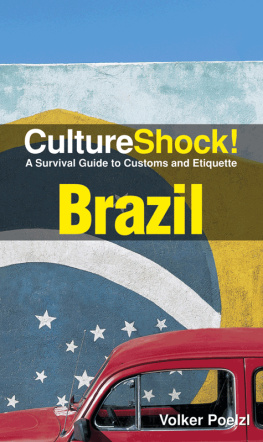
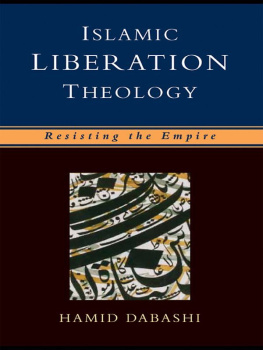
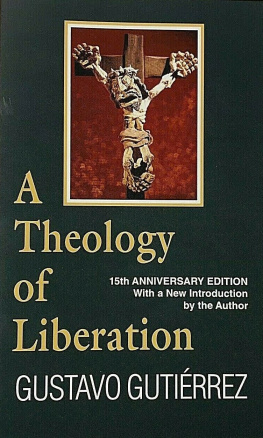
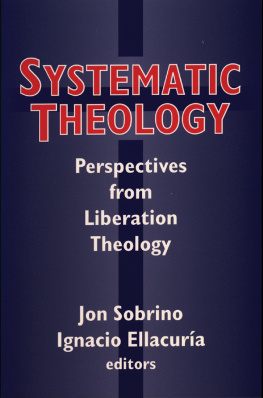
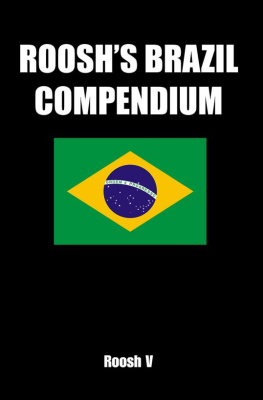
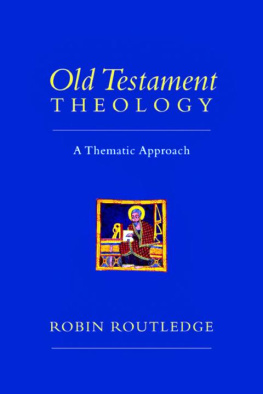




 CONTENTS
CONTENTS 

